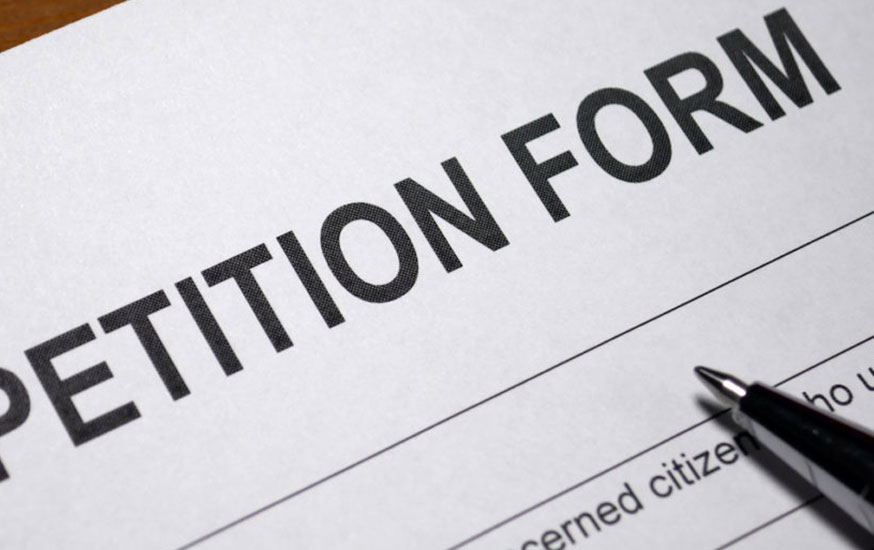This guidance (here) finalizes the draft guidance for industry entitled “Citizen Petitions and Petitions for Stay of Action Subject to Section 505(q) of the Federal Food, Drug, and Cosmetic Act” issued in October 2018 and supersedes the Guidance by the same name issued in November 2014. The guidance document revision is based on comments that were submitted to the Agency after the original draft was introduced in 2018. The FDA has review those comments and, according to the Federal Register Notice (here), has made changes to the draft to provide further clarifications to the document.
The final guidance discusses how the Agency determines or describes:
- whether the provisions of section 505(q) addressing the treatment of citizen petitions and petitions for stay of Agency action (collectively, petitions) apply to a particular petition
- whether a petition would delay approval of a pending ANDA, 505(b)(2) application, or 351(k) application
- how the FDA interprets the provisions of section 505(q) requiring that (1) a petition includes a certification and (2) supplemental information or comments on a petition include a verification
- the relationship between the review of petitions and pending ANDAs, 505(b)(2) applications, and 351(k) applications for which the Agency has not yet made a decision on approvability
- some of the considerations that the FDA will take into account in determining whether a petition is submitted with the primary purpose of delaying the approval of an application under section 505(q)(1)(E) of the FD&C Act
As a reminder, to be considered a 505(q) petition requesting the Agency to revise approval requirements or not approve a product or drugs ((505(j) or 505(b)(2) applications), the petition must have been submitted after September 27, 2007 (the date of passage of the Food and Drug Administration Amendments Act of 2007 (FDAAA)) or after July 9, 2012 for biosimilars (the date of passage of the Food and Drug Administration Safety and Innovation Act (FDASIA)), which expanded 505(q) to include biosimilars approved under 351(k), as neither Act had a provision that required the provisions to be applied retroactively.
The seventeen-page guidance is comprehensive and should be read in its entirety as it provides all of the provisions of the 505(q) petition and the FDA’s current thinking on their applicability.



